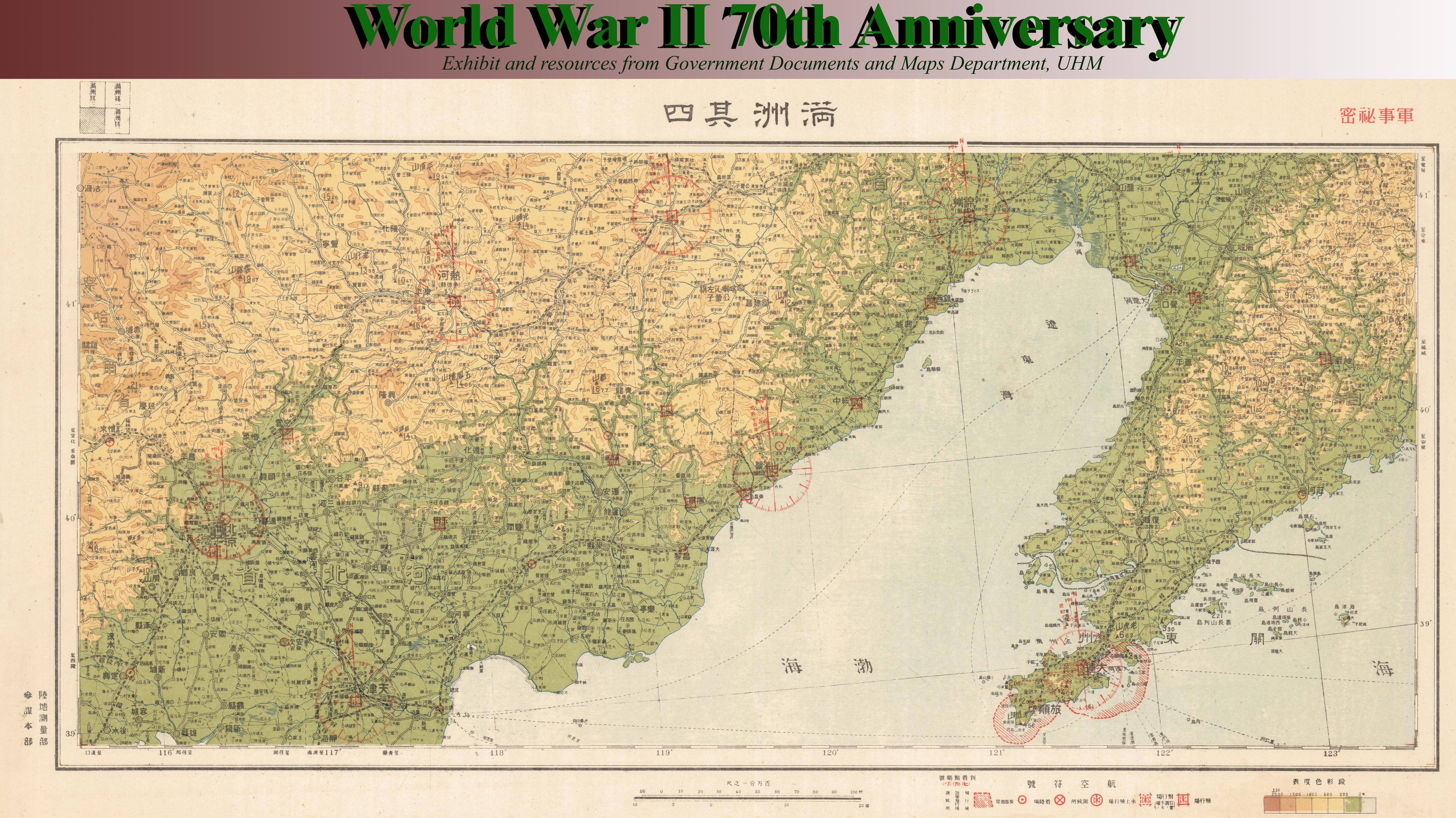Butter rationing ends; Japanese emperor's abdication deemed unnecessary by MacArthur

November 22, 2015-November 28, 2015
Location: Government Documents
Army General George Marshall, newly retired from post as Army Chief of Staff, is appointed special envoy to China by President Truman. He is charged with mediating a truce between the Nationalists and Communists in China's civil war, and will try to facilitate extricating the US Marines from China. An unenviable task that will ultimately, in terms of peace, fail. Marshall is a widely admired leader, but has no major film named "Marshall"--as "MacArthur," "Patton," or "Truman." He does, however, have centers, a foundation, scholarship, and collection bearing his name. He will win the Nobel Peace Prize in 1953. As soldier and statesmen, his legacy is solid, commemorated in The Harmon Memorial Lectures in Military History.
Meanwhile, as the fourth anniversary of Pearl Harbor and the declaration of war approaches, Congress conducts hearings investigating the attack on Pearl Harbor. While Marshall plays a part in the failure of intelligence and is criticized, he is not singled out or implicated.
Newsmap. Monday, 3 December, 1945: week of 20 November to 27 November.
Front: Text describes Generals Marshall, Eisenhower, and McNarney, as well as Admirals King, Nimitz, and Spruance. Includes 6 photographs. Verso: Where will the best jobs be? Illustration and text.


- View this map in print in the Map Collection reading room, ground floor of UHM Hamilton Library, the week of 22 November 2015
- View this map online through the University of North Texas Digital Library (http://digital.library.unt.edu/ark:/67531/metadc842/)
Notes: Newsmaps were color posters issued by the U.S. Army and the Government Printing Office (GPO) on Mondays during the World War II. They combine maps, images, and news from the previous week’s war effort.

